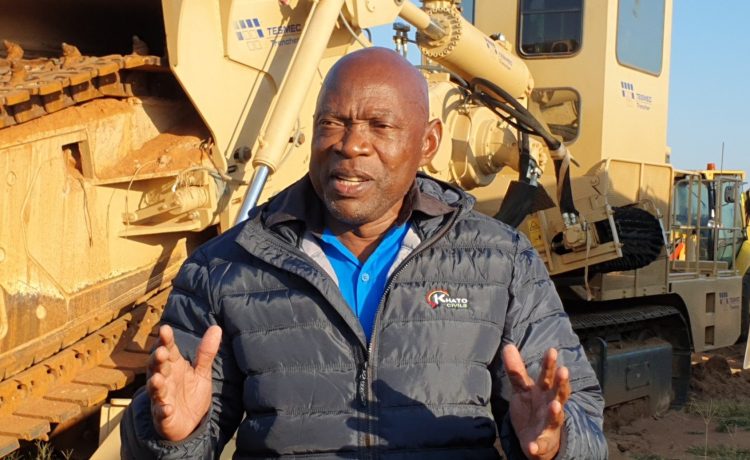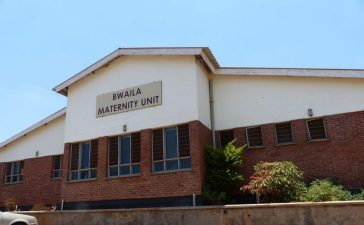As Malawi grapples with the impacts of climate change and growing water scarcity, the Salima-Lilongwe Water Project stands as a beacon of hope for the Malawi’s capital city and its surrounding neighbours including Dowa and Salima districts.
This ambitious undertaking, spearheaded under the Chakwera administration, is poised to transform the region’s water landscape and provide a crucial safeguard against the uncertainties of the future.
At the heart of this project lies a fundamental truth: access to clean, reliable water is not just a necessity, but a fundamental human right. Yet, far too often, communities in Malawi have been forced to contend with the debilitating effects of water scarcity, from dwindling supplies to the outbreak of waterborne diseases.
The Salima-Lilongwe Water Project aims to change this narrative, offering a comprehensive solution that not only addresses the immediate needs of the people but also builds long-term resilience. One of the project’s most significant advantages is its focus on sustainability.
By harnessing the Lake Malawi’s abundant water resource, the project aims to provide a stable and reliable supply of potable water to the targeted districts, reducing the reliance on precarious river water and groundwater sources that are vulnerable to fluctuations and contamination. This, in turn, will enhance the region’s ability to withstand the challenges posed by climate change, such as prolonged droughts and erratic rainfall patterns.
Moreover, the project’s emphasis on capacity building within the Central Region Water Board is a crucial component in ensuring the long-term success of the initiative. By strengthening the board’s ability to manage and maintain the system, the project lays the groundwork for a self-sustaining water infrastructure that can adapt to the evolving needs of the communities it serves.
However, the success of the Salima-Lilongwe Water Project hinges on one critical factor: effective communication. As Kaupa aptly pointed out, misinformation has been a persistent challenge, undermining the project’s progress and eroding public trust.
By prioritizing transparent communication and proactively addressing the concerns of the local communities, the project can garner the support and buy-in necessary for its successful implementation.
The stakes are high, but the rewards are even greater. A thriving, water-secure future is within reach, and the Salima-Lilongwe Water Project is poised to be the catalyst that transforms this vision into reality.
As the project continues to unfold, it is incumbent upon all stakeholders – from the government to the local communities – to come together, embrace accurate information, and work collectively towards a more resilient and water-abundant Malawi.
This is Editorial Opinion (OpEd).
©Shire Times













